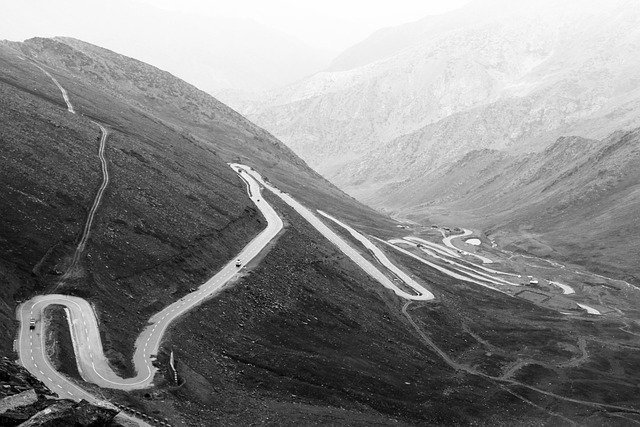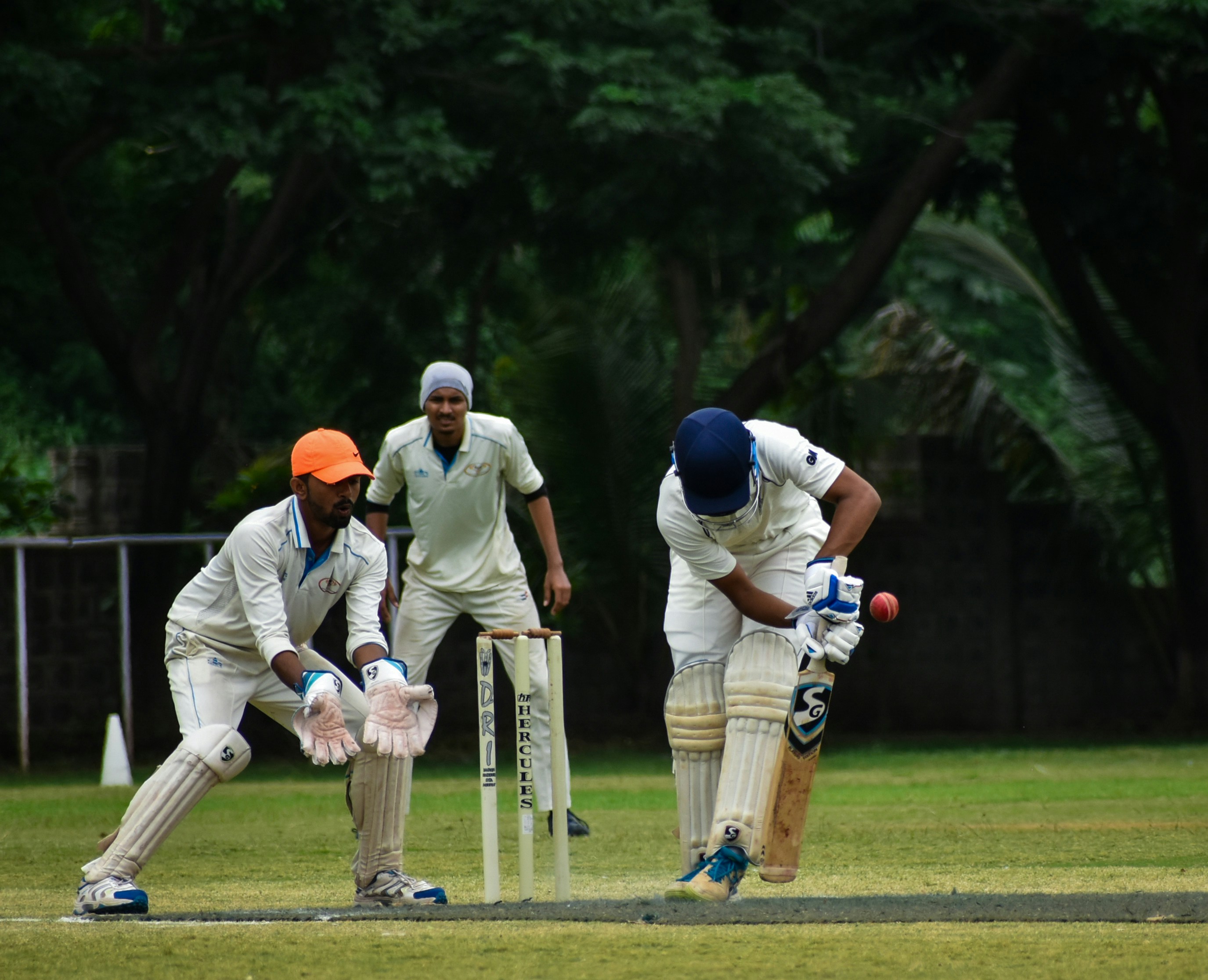
Book Name:
Pakistan: A Hard Country
Author Name:
Anatol Lieven
Please note that this article may contain affiliate links !!!!
First published in 2012 at a time when Pakistan was facing a relenting spate of terrorism across the country, the book values the importance of Pakistan as a state with a huge Muslim population, and a strong standing army equipped with nuclear weapons.
The Islamic guerillas fighting in Afghanistan against the US and its allies and their fellow brethren in Pakistan felt that they had been betrayed both by Islamabad and Washington. The country gained independence from Great Britain after WW2.
Also Read: Bangladesh; from nadir to zenith in 47 years
Since then it has been a central point of consideration for the West due to its geopolitical role during and after the Cold War period. The book divided into five chapter’s deals with some of the most important factors of Pakistan as a state and society.
The book is compartmentalized in two major parts. The first one is about the land, people, and history of Pakistan while the second two revolve around the structure of Pakistan which includes society, justice, religion and military of the country.
1 and 2. The first two chapters give a historical synopsis of the land now consisting of the state of Pakistan. From the Indus Valley civilization to the establishment of the Mughal empire and then later the British Raj and the creation of India and Pakistan have been summarized for its readers to understand the sociopolitical background of present-day Pakistan.
Being a multi-ethnic and multi-cultural country, Pakistani people harbor different opinions and traditions, albeit notional ones, about each other.
Also Read; Left going into further left!
3. The structure of Pakistani society is a diverse and complicated one. The historical, political and social rifts go very deep inside Pakistani society. Balancing and controlling such conflicting stakes for the governing of a nuclear country is surely very hard for the political, civil and military establishment of the country.
4. The justice and judicial system of the country has four parties of applicants or plaintiffs, police, court and lawyers who act on behalf of one side or other. The English common law is practiced alongside an ardent demand for the implementation of Shariah or Islamic law.
5. Religion is an important factor in Pakistani society which has always been used for one reason or another. Islam with its too many sects and conceptions is practiced.
Also Read; Bringing peace in a technical way!
6. The military has a long history of explicit and implicit presence both in the national and economic realms of the country. Apart from other reasons, the eight-decade-long rivalry and military tussle with neighbouring country India, have contributed to its weightage.
Moreover, the economic and socio-political growth of different provinces and parts of the country is also not even and balanced. Nearly all political parties are either family-run enterprises or personality-cults leaving no or very suffocating space for the new ones to come up.
The interesting thing about the book is its humane and soft presentation of the then-Taliban militants fighting in Afghanistan. What locals thought about them was due to their anti-American feelings generated by the Washington policies presumed by these locals in the Muslim world.
The 2010 floods and insurgency in the western part of the country were taking a heavy toll both on the society and the state at the time.
The 608 pages would be easy to read but one has to be on alert to relate the past events with the present ones when going through this book.


